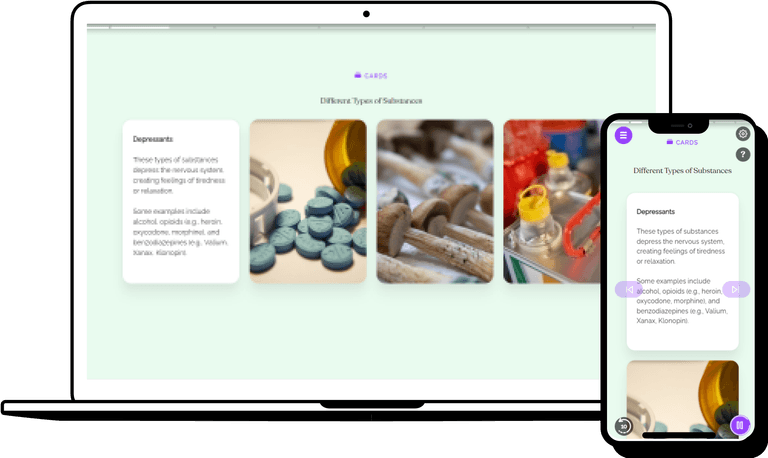Personal Information
Navigate through the importance of safeguarding personal information and understanding its significance in today's digital age.

The Significance of Personal Information
Personal information refers to any data that can be used to identify an individual. It includes details such as name, address, phone number, email, social security number, financial information, and more. In the digital era, the protection of personal information has become crucial due to the rise of cyber threats and data breaches.

Three special categories of personally identifiable information (PII) that require extra protection due to their sensitive nature.
Biometric PII consists of unique biological or behavioral characteristics used for identification purposes. This can include fingerprints, facial recognition data, iris scans, voiceprints, and even DNA information. Biometric data is considered highly sensitive because, unlike passwords or other identifiers, biometric traits are inherent to an individual and cannot be easily changed if compromised.
Healthcare-related PII includes any data pertaining to an individual's physical or mental health. This category covers medical records, health insurance details, prescription information, and other health-related data. Healthcare PII is highly sensitive due to the potential harm that could result from its misuse, such as medical identity theft or discrimination based on health conditions.
This category includes data related to an individual's financial status and transactions. It may encompass bank account numbers, credit card information, tax identification numbers, and other financial identifiers. Financial PII is particularly sensitive because it can be exploited for financial fraud, unauthorized transactions, and identity theft.

Ensuring Data Security: Why Protecting Personal Information Matters
Protecting personal information is essential for various reasons. First and foremost, it helps prevent identity theft, which can lead to significant financial losses and emotional distress. Additionally, protecting personal information is necessary to maintain privacy and prevent unauthorized access to sensitive data.
Common Types of Personal Information
Navigate through the various categories of sensitive data and the importance of protecting them in our data-driven world.
Here are some myths to look out for:
- -
Financial information, including credit card numbers and bank account details.
- -
Social security number and government-issued identification numbers.
- -
Medical records and health-related data.
- -
Online account credentials, such as usernames and passwords.
- -
Personal addresses, phone numbers, and email addresses.

Protect Personal Information with Data Privacy Training
Data privacy training plays a crucial role in empowering individuals to protect their personal information effectively. Through our engaging and modern data privacy training programs, employees learn essential practices and techniques to safeguard their sensitive data from potential threats, such as identity theft and unauthorized access.

Helping over 8,000 organizations create a safer, more productive workplace
The goal of this training is to educate employers and employees on their rights and responsibilities when it comes to data privacy in the workplace. This course covers:





















